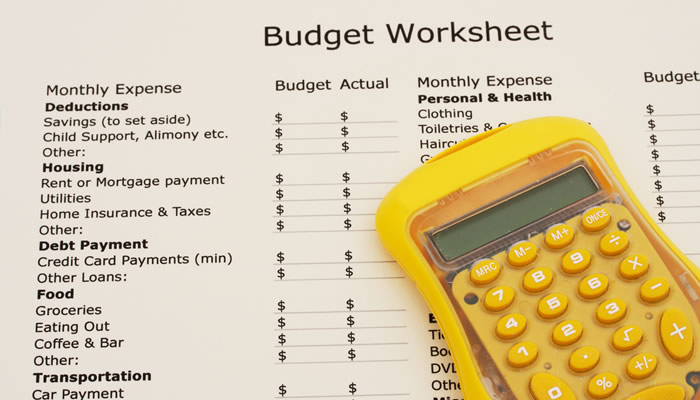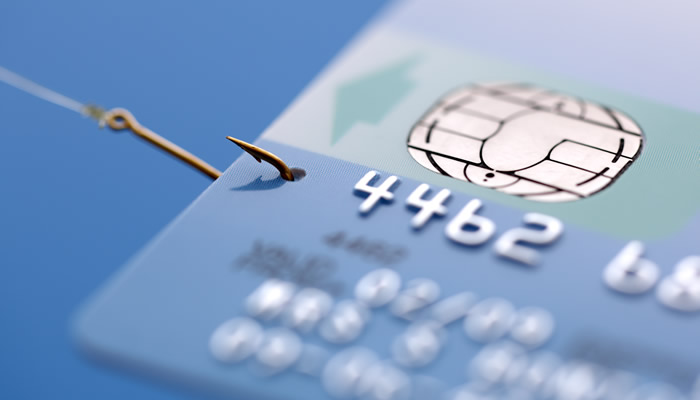How to Make a Family Budget
How can you tell if you’re on your way to meeting your financial goals if you don’t have a family budget? Lacking a budget is like driving around in a new city without a road map; you may get to your destination eventually, but you may run into bumps along the way.

If you already have a family budget, you’re ahead of the game. Surveys over the years have revealed fewer than half of Canadians have a family budget. One of the most basic rules of budgeting is to make sure you have more money coming in than going out, but how are you supposed to know that if you don’t take the time to create a budget and track your spending?
Why a Family Budget is Important
If you’re in debt, unless you’ve suffered financial hardship, chances are you’re living beyond your means. A budget is a lot like a diet; while a diet lets you take control of your eating habits, a budget lets you take control of your spending habits. Through the aid of a budget, you can make best use of your money to ensure you’re able to meet your most basic needs and still have money left over for wants like dining out and entertainment.
What Are the Benefits of Creating a Budget?
Creating a budget is time well spent. There are many benefits to creating a budget. If you find yourself constantly living paycheque to paycheque, a budget can provide you with a true picture of your financial position. You’ll be able to prioritize your spending for your basic needs (housing, transportation, food, and clothing), and regain control of your spending. A budget will allow you to take a hard look at your spending decisions and make adjustments as needed.
A Budget Can Help Manage Debt
If you ask someone in debt where their money goes each month, they’ll often scratch their head or offer a puzzled look. If they only took the time to create a budget they’d know. Budgeting is an important first step in reducing your debt.
A budget is not something to be left out of sight, out of mind; when you create a budget, you have to have to willpower to stick to it. That means carefully tracking your spending to ensure you don’t go over-budget. If you have a budget you can see non-essential expenses you can cut back on like cable, restaurants and entertainment; that money can be put towards better uses like repaying your debts and saving on interest.
Helpful Budgeting Tools
Designing a budget involves predicting your income and expenses for the next twelve months. Creating a budget for the first time can be time-consuming, but it’s well worth the effort. Rather than spending a lot of money on budgeting software (and getting into even more debt), Microsoft Excel has some basic budgeting worksheets that are more than adequate. Don’t have Excel? No problem, download Open Office for free office software.
To get started, start with these basic steps:
- Identify how and where you’re spending money over a few months. These are your expenses.
- Calculate your monthly income – be sure to include any investment income
- Subtract your expenses from your income
- Set goals and allocate your money to the necessary categories
You should take the time to tailor your budget for your family’s expenses. For example, if you have a dog, be sure to include a category for pet expenses. Once you’ve prepared your budget, track your spending over the month and compare it your budget to see if you’re over or under budget, making adjustments as needed.
Budgeting With Your Partner
Creating a budget is a family decision. If you’re married or living common-law, you should take the time to sit down with your partner and create a family budget. Money is the most frequent cause of disagreement among couples. A poll by Ipsos Reid found 20 per cent of couples said their relationship problems are due to their current debt situations. If they simply took the time to create a budget and stick to it, those problems could be avoided.
For more information, including useful budgeting tools, please visit Office of Consumer Affairs: Your Budget.




